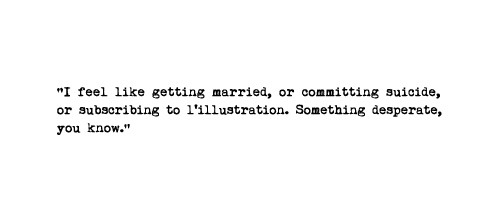A Cruel Man Delighting in Flowers
...the mildness to which men ... had yielded was only half of the intoxication of beauty, while the other half ... was of such surpassing and terrible cruelty—the most cruel of men delights himself with a flower—that beauty ... failed quickly of its effect...
Hermann Broch, The Death of Virgil
Jeremy Davies is made of ink, but don’t dip a feather in him. It tickles. He once painted a fingernail black and no one really noticed. He was disappointed. He’s also an editor, a religious atheist, a liker of strong coffees, a Shakespeare-lover, a political anarchist and someone who rarely has a pen when he needs one. He has been a PhD candidate, a personal trainer, a life model, a bouncer, an infantry soldier and someone who rarely had a pen when he needed one. He has had words published in a variety of places, in a variety of publications, in a variety of forms, in a variety of moments: Canada, Wet Ink, SMS and twelve minutes past three in the afternoon being some of these. His first novel, 'Missing Presumed Undead', will be re-published by Satalyte Publishing in February 2014. A second is on its way.
Poetry and Truth in 'A Happy Death'

‘No, because I’m constantly in revolt. That’s what’s wrong.’
At either end of his writing life, we have two fractured novels. The First Man was a genuinely unfinished work-in-progress at his time of death, whereas this novel, his first novel-in-embryo, was reworked a number of times before Camus abandoned it in favour of L'Etranger. And there are certainly similarities. Roger Quilliot has suggested that ‘Meursault [protagonist of L'Etranger] '…is the younger brother of Mersault [protagonist of this novel].’ And he was working on this between 1936–38, concurrently with the play Caligula and then moving away from it in 1939 and toward L'Etranger. And there are similar scenes and characters and tropes, mostly in Part One. Part Two differs in a number of ways, but thematically, parallels can be drawn with not-so-long bow strings. The Discussion between Mersualt and the Doctor, Bernard, towards the end reminded me of the even later The Plague for that matter…
Workshop of Camus' uncle in Algeria in 1920. Camus is
in the front, center, in a black smock.
But all this aside (points perhaps mostly of interest to those who hold Camus in the high esteem that I do, and the edition I possess has some excellent notes prepared by Jean Sarocchi): how does it stand on its own?
Well, with four and a hallf stars from me, it’s quite obvious that it stands very well. It stands and dances and plays a rugged round of golf. 
Structurally, I’m quite sure that Camus would have made some changes if he had not moved away from the novel (it was first published in 1972, about 30 years after it had been dropped by its author, 12 years after his death). There are also some tonal incongruities.
But it is still delicious, and often simply lyrical to the point of some kind of divine atheistic hymn to the lack-of-God:
At the strange peace that filled him as he watched the evening suddenly freshening upon the sea, the first star slowly hardening in the sky, he realized that after this great tumult and this fury, what was dark and wrong within him was gone now, yielding to the clear water, transparent now, of a soul restored to kindness, to resolution.
Mersault is estranged by his rebellion against his human mediocrity, and he wants to occupy his happiness completely and authentically. Love has been a central pursuit for happiness, as it is for many people, in fact it is all he has, this pursuit of women that he recognizes as both vain and predatory. He reflects on making love with his ‘mistress’ Marthe that:
…this initial astonishment at possessing a lovely body, at mastering it and humiliating it. Now he knew he was not made for such love, but for the innocent and terrible love of the dark god he would henceforth serve.
And that is himself, completely, without the reflection of himself in others.
So he chases exile, he chases a greater depth of relationship, he chases authentic friendship, he chases total solitude, and in the end, can only find it in death:
Of that great ravaging energy which had borne him on, of that fugitive and generating poetry of life, nothing was left now but the transparent truth which is the opposite of poetry.
It is a perhaps a little more floral in its style to the style he would develop and become known for (notes indicate he was playing with Proust…) but it's beautiful and fantastic and happily happily tragic.
 1
1





